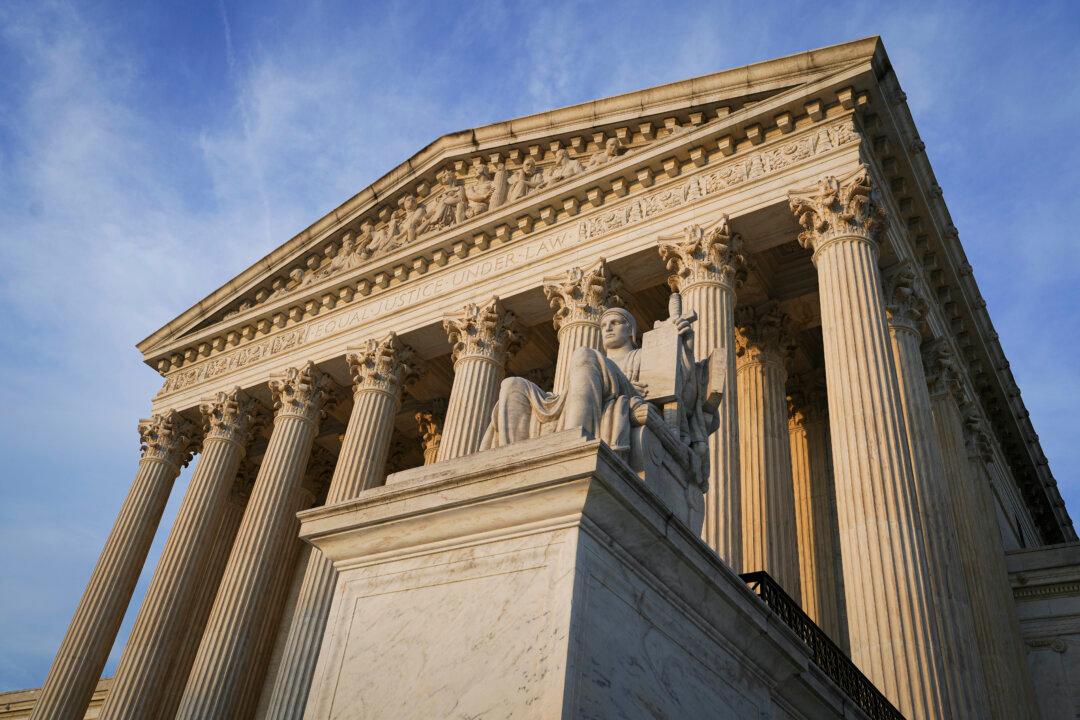Americans who depend on government programs like Medicaid and food stamps can sue to secure rights under laws that created those programs, the U.S. Supreme Court ruled on June 8.
In a 7–2 decision, the high court upheld an appeals court ruling that green-lighted an Indiana man’s family to sue over his care at a state-run nursing home using a 150-year-old Reconstruction-era federal law known as Section 1983, which provides a cause of action for victims of civil rights violations by state or local government officials.





